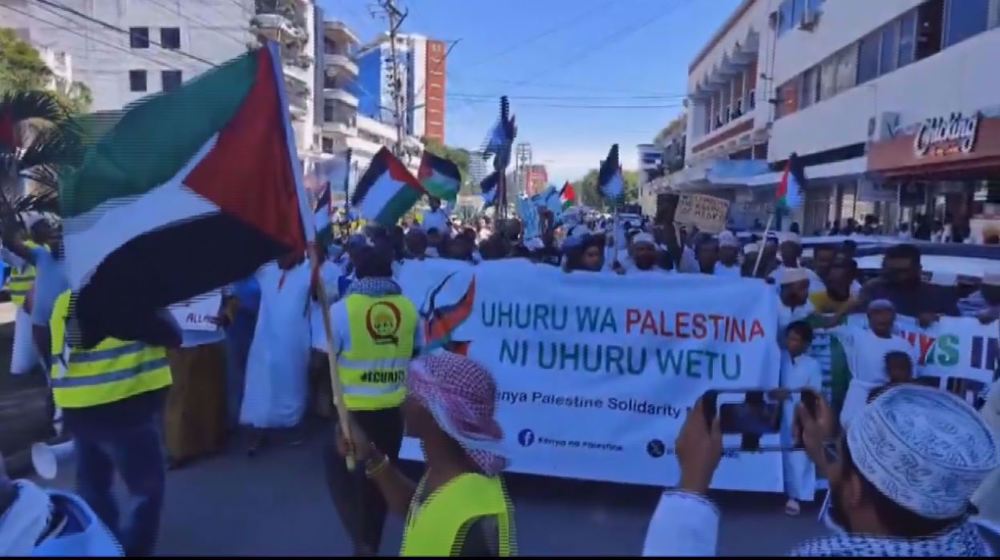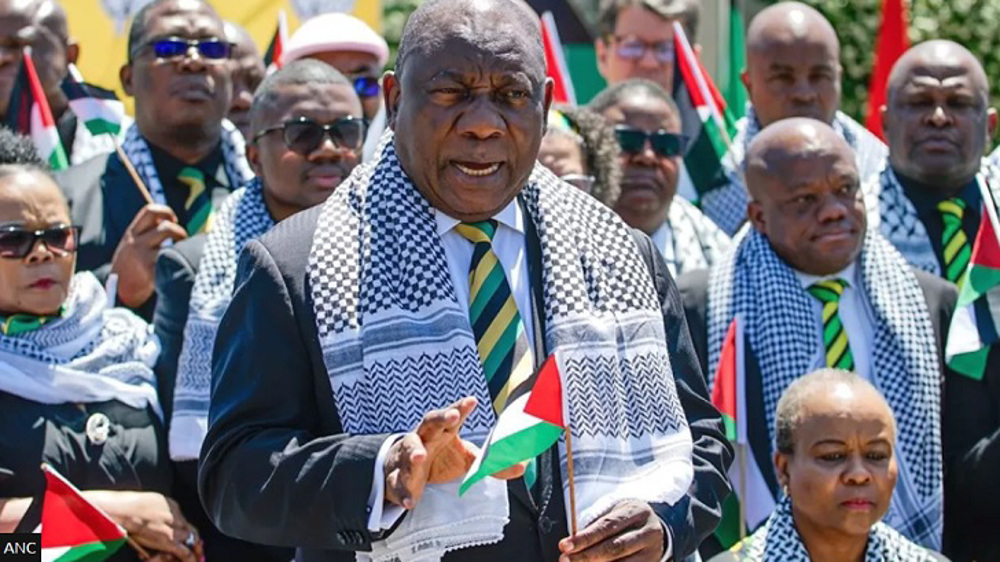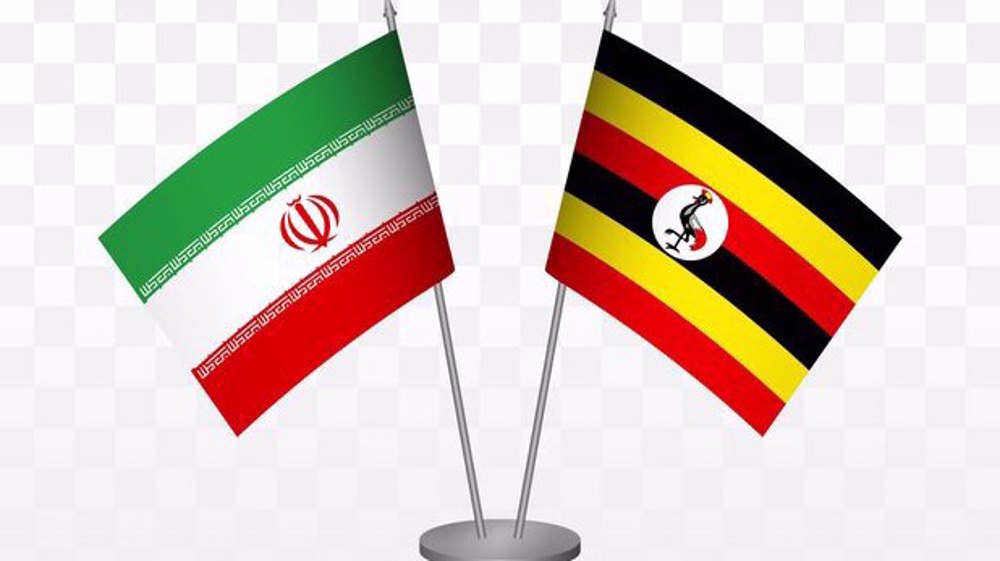Implications of opposition to presidential election in Burundi
Another controversial election in Francophone Africa. Is the resistance to Burundi’s election a sign of increased demands for meaningful elections and an indicator that Burundians are able to exercise more influence in the creation of a working democracy?
Burundians went to the polls on June 29 for parliamentary elections, with the president defiant in his controversial bid for a third term in power. This, despite weeks of unrest that forced thousands to flee and prompted international calls for a delay.
The presidential election was due in June but was put back to July 15 after pressure from regional leaders.
The African Union (AU) is not sending observers to the general election, saying conditions for a free and fair vote have not been met. The AU and the UN had called for the election to be postponed. But the government rejected the demands, saying conditions were stable enough for a vote, while a delay could create a dangerous political vacuum.
Tensions in Burundi have forced more than 100,000 people to flee this year. Leading opposition parties and civil society groups are boycotting the poll.
The opposition says President Pierre Nkurunziza’s attempt to run for office again contravenes the constitution, which states a president can only serve two terms.
But Mr. Nkurunziza’s supporters argue that he is entitled to another term because he was first elected by parliament in 2005 – not by voters. The Constitutional Court ruled in favor of the president. Some 3.8 million Burundians are eligible to vote.
VIDEO | Press TV's news headline
Explosion heard near Isfahan due to activation of air defenses
‘Iran retaliation against Israel ensured no aggression would go unanswered’
US vetoes Palestinian request for full UN membership
Iran sufficed to strike only part of Israel’s military positions: FM to UN chief
IRGC: Israel’s Dimnoa nuclear reactor not among Op. True Promise’s targets
VIDEO | West Asia awakens
'Stop any further Israeli adventurism,' Iran FM tells Security Council









 This makes it easy to access the Press TV website
This makes it easy to access the Press TV website